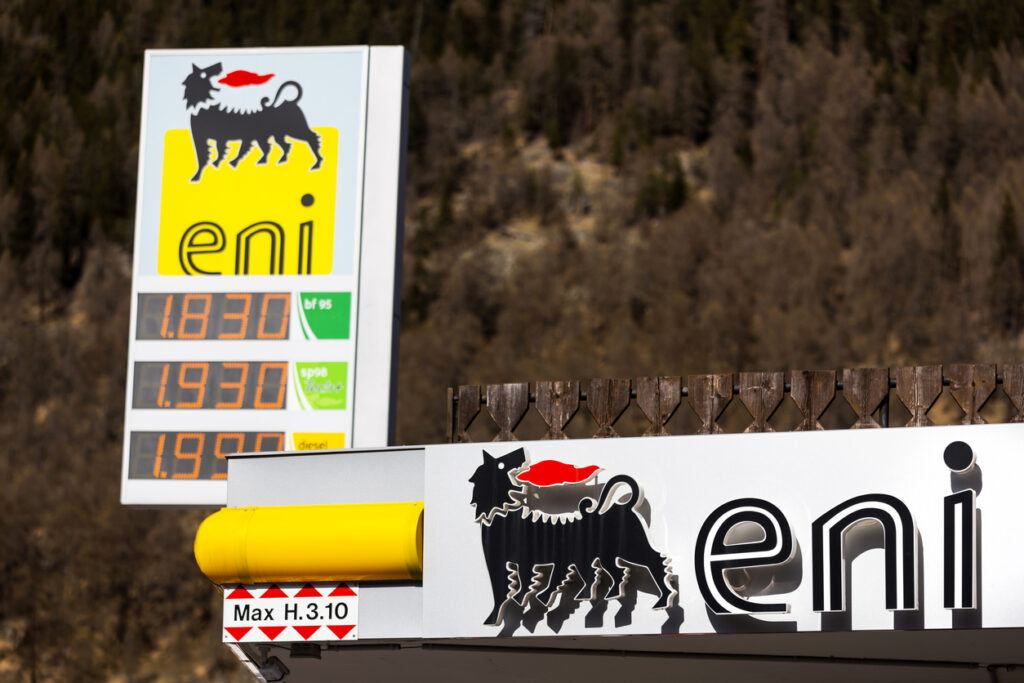Publisher’s Note: Eni will present at EneCom Denver – The Energy Investment Conference at the Westin Downtown, August 17-20, 2025. Register to attend.
(Oil Price)– Eni has signed a deal to sell 20% in its low-carbon energy business Plenitude to Ares Management Corporation in a deal valuing the unit at an enterprise value of $13.8 billion (12 billion euros).
Under the agreement, global alternative investment manager Ares Management will buy 20% in Plenitude for $2.3 billion (2 billion euros), Eni said on Monday.
The completion of the transaction is subject to customary regulatory approvals.
At the end of 2023, Eni agreed to sell 9% in Plenitude to Energy Infrastructure Partners (EIP).
Plenitude is active in the market of power generation including renewable energy sources, the sale of energy and energy solutions, and an extensive network of EV charging points.
Currently, Plenitude operates in over 15 countries worldwide and has more than 4 gigawatts (GW) of renewable energy production, energy sales, and solutions across Europe. By 2028, Plenitude aims to reach 10 GW of installed renewable capacity.
“The deal is a further endorsement of the quality of our strategic approach, which combines economic and environmental sustainability in an integrated business model projected on the future of the energy sector,” Plenitude CEO Stefano Goberti said.
For years, Eni has been taking a different approach to conventional and green energy development, unlike any of the other major international oil and gas firms. The Italian major is divesting or creating joint ventures to operate oil and gas assets internationally while grouping some low-carbon initiatives and projects into separate firms.
Eni says that its so-called ‘satellite model’ of managing various divisions is based on creating separate entities that can independently access capital markets to finance their own growth and be suitable for specialized investors.
Francesco Gattei, Chief Transition & Financial Officer, Chief Operating Officer, and General Manager of Eni, notes that “satellites are the way we solve the energy transition equation, by managing new and traditional businesses and growing in both while ensuring continuity and security of sources, the availability of financing while pursuing all our business objectives.”
By Tsvetana Paraskova for Oilprice.com







